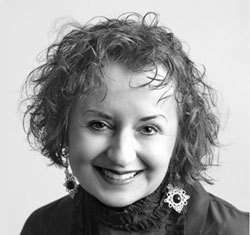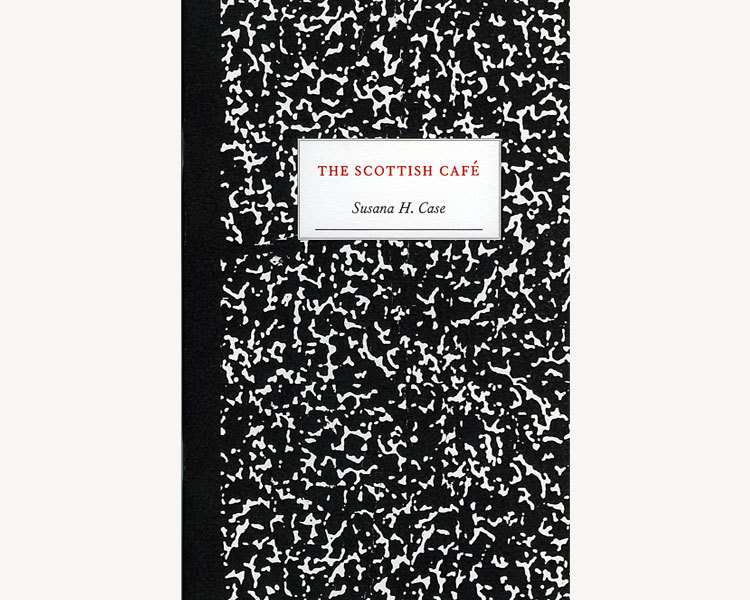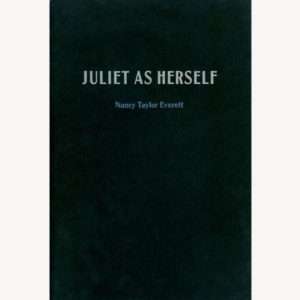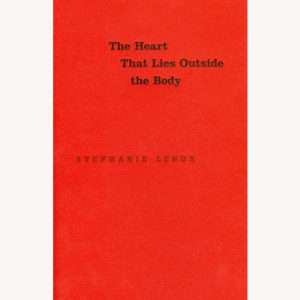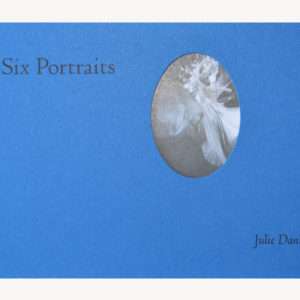Description
Praise for The Scottish Café:
Nobel Prize-winning chemist from Cornell University, poet Roald Hoffmann says of the chapbook, “The Scottish Café is a wonderful evocation of a special place, a time, and the interactions of mathematicians. The premonitions of doom weigh on this wonderful gathering, as they should. It’s excellent poetry!
Poet, editor, and critic, Paul Zimmer in the Georgia Review adds, “It is the kind of necessary, cautionary tale of a life once lived, but lost under overwhelming conditions that our heedless, instant-media age needs to be told.”
Fixed Points
At first they meet at the Café Roma in Lvov
on Saturday nights to discuss mathematics
and drink cognac
but Banach lives beyond his means
and is annoyed that he can’t work out something
with the proprietor about his debt
so he persuades the others to move
across the street
to Zielínski’s place—the Scottish Café
where the food is not as good
the cognac is not as good
but the music is good
and the credit is better
and they begin to meet each day around five
Banach—Mazur—always the center
at a little table with a marble top
where they talk and write
and stare silently at the spaces in their minds
filled with even more formulas
than those written down on the marble table top
some of which later get written down
into a school notebook with a marble-pattern
cardboard cover
that Banach’s adored wife Lucja
buys for two-and-a-half zlotys
at a drugstore in Lvov and into which Banach
who does not like to write things down
enters the first problem in nineteen-thirty- five
problems go on odd pages
solutions on the opposite pages
filling up the Scottish Book—it is chaos sometimes—
arguing and writing and thinking
but chaos is better than order—says Auerbach—
you can’t lose anything in chaos
(or find anything either)
but a lot of mathematics is found
at the Scottish Café
and lost too—one session lasts seventeen hours
and results in a proof of a theorem
about Banach spaces
but no one writes it on paper
only on the table top
which is wiped off later by the janitor
after the Café shuts for the night
which still today no one can reproduce
